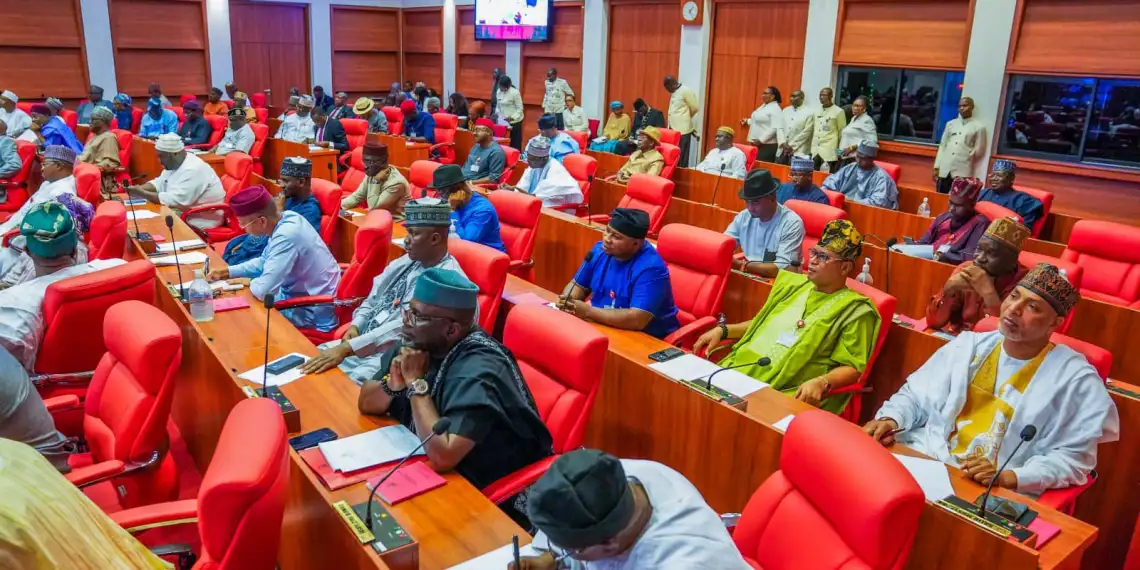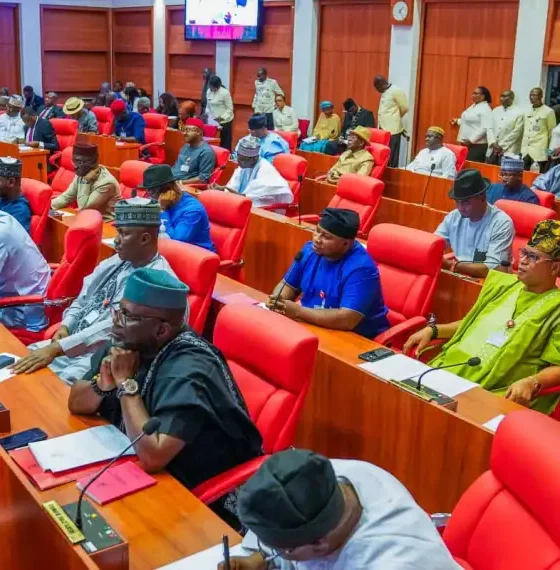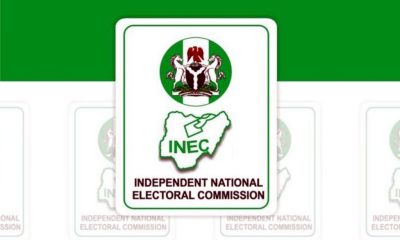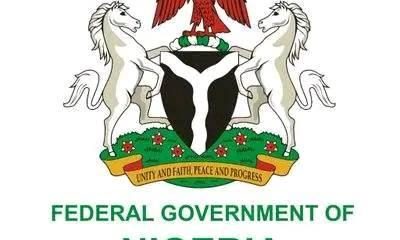

News
Nigerian Senate Approves Two Key Tax Reform Bills
Nigerian Senate Approves Two Key Tax Reform Bills
The Nigerian Senate has passed two major tax reform bills proposed by President Bola Tinubu, marking a significant step in the federal government’s ongoing effort to overhaul the country’s tax system.
The bills – the Nigeria Revenue Service (NRS) Establishment Bill and the Nigerian Tax Administration Bill – were adopted after a detailed review by lawmakers, following the recommendations of an ad-hoc committee led by Senator Sani Musa (Niger East).
Senate President Godswill Akpabio confirmed the passage during Wednesday’s plenary session, stating that a harmonisation committee will be formed to align the Senate’s version with that of the House of Representatives, which approved the bills in March. Once aligned, the unified bills will be sent to the president for assent.
Two other bills – the Joint Revenue Board Establishment Bill and the Nigeria Tax Bill – are expected to be considered and passed on Thursday.
VAT Sharing and Key Changes
One of the standout proposals in the Tax Administration Bill is a revised formula for sharing Value Added Tax (VAT) revenue. The ad-hoc committee recommended:
-
Federal Government: 10%
-
States and FCT: 55%
-
Local Governments: 35%
The distribution among states would follow a three-tier method:
-
50% shared equally
-
20% based on population
-
30% based on point of consumption
For local governments:
-
70% equally shared
-
30% based on population
The Senate also approved an amendment to Clause 107, introducing penalties of up to three years in prison for individuals who fail to remit taxes deducted at source or those who evade self-accounting responsibilities.
New Tax Body to Replace FIRS
Another significant reform is the proposed replacement of the Federal Inland Revenue Service (FIRS) with the Nigeria Revenue Service (NRS). The new body will have a structured leadership including:
-
A Chairperson, appointed by the president
-
An Executive Vice Chairperson, who will head the agency and require Senate confirmation
-
A Secretary, who must be a lawyer, chartered accountant, or chartered secretary of at least Deputy Director rank
-
Six Executive Directors, one from each geopolitical zone, appointed on a rotational and alphabetical basis
To promote transparency, the NRS must submit its annual report within three months of the end of every fiscal year.
Debate and Dissent
The bill’s debate saw interventions from Senators Seriake Dickson (Bayelsa West) and Aminu Tambuwal (Sokoto South). Dickson objected to the VAT distribution formula, arguing states and LGs should determine their own sharing structure. Akpabio countered that VAT is a federal tax and requires central coordination to ensure national equity.
Tambuwal’s proposal for VAT to be collected based on the point of consumption rather than the point of supply gained broad support and was adopted.
With two bills now passed and the remaining two set for Thursday’s session, Nigeria edges closer to a comprehensive tax reform – a key part of President Tinubu’s economic agenda.
















